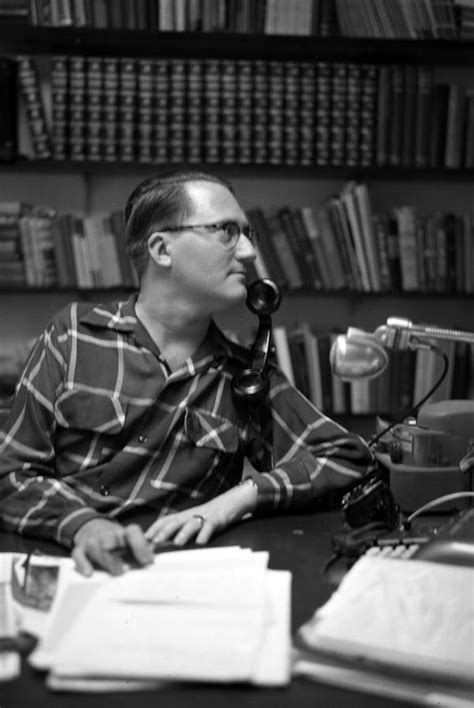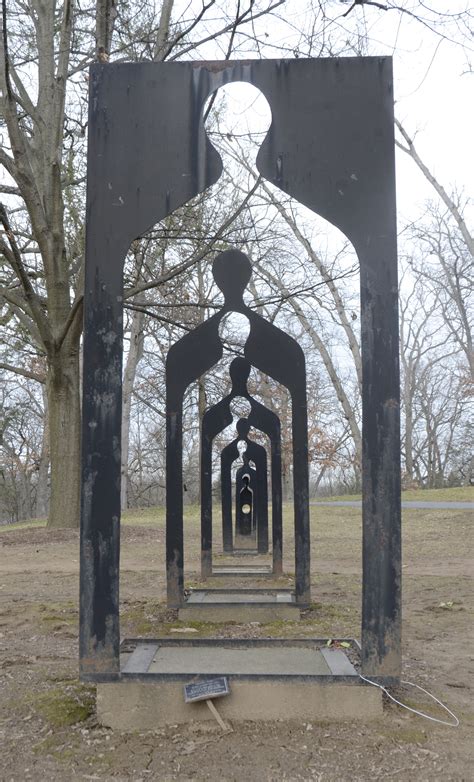A Quote by Cassandra Clare
Do you not tire of eternity? Do you not wish to end your suffering?" "By leaping into the Void? Not really.
Related Quotes
Generally speaking, there's a difference. Moose nose is just pure cartilage. It's not just the end of a chicken leg, it really is - imagine the cartilage of game meat.If I ever took the spare tire off of my car and was on a survival show, and Bear Grylls was like, "What you need to do in a survival situation is eat your tire," I'd be like, "That's moose nose!"
True freedom and the end of suffering is living in such a way as if you had completely chosen whatever you feel or experience at this moment. This inner alignment with Now is the end of suffering. Is suffering really necessary? Yes and no. If you had not suffered as you have, there would be no depth to you as a human being, no humility, no compassion. You would not be reading this now. Suffering cracks open the shell of ego, and then comes a point when it has served its purpose. Suffering is necessary until you realize it is unnecessary.
Suffering is an oxymoron. There is unfathomable peace and satisfaction in suffering for Christ. It is as though you have searched endlessly for your purpose in life and now found it in the most unexpected place: In the death of your flesh. It is certainly a moment worth of laughter and dance. And in the end it is not suffering at all. The apostle Paul recommended that we find joy in it. Was he mad?
Use all your suffering for meditation, and soon you will come to know that the suffering disappears because the energy starts moving inwards. It is not moving to the periphery, to the suffering, you are not feeding your suffering. It looks illogical, but this is the whole conclusion of all the mystics of the world: that you feed your suffering and you enjoy it in a subtle way, you don't want to be well—there must be some investment in it.
Now, you receive all your ideas; therefore you receive your wish, you wish therefore necessarily. The word "liberty" does not therefore belong in any way to your will....The will, therefore, is not a faculty that one can call free. A free will is an expression absolutely void of sense, and what the scholastics have called will of indifference, that is to say willing without cause, is a chimera unworthy of being combated.
Within the framework of the Buddhist Path, reflecting on suffering has tremendous importance because -realizing the nature of suffering, you will develop greater resolve to put an end to the causes of suffering and the unwholesome deeds which lead to suffering. And it will increase your enthusiasm for engaging in the wholesome actions and deeds which lead to happiness and joy.

































